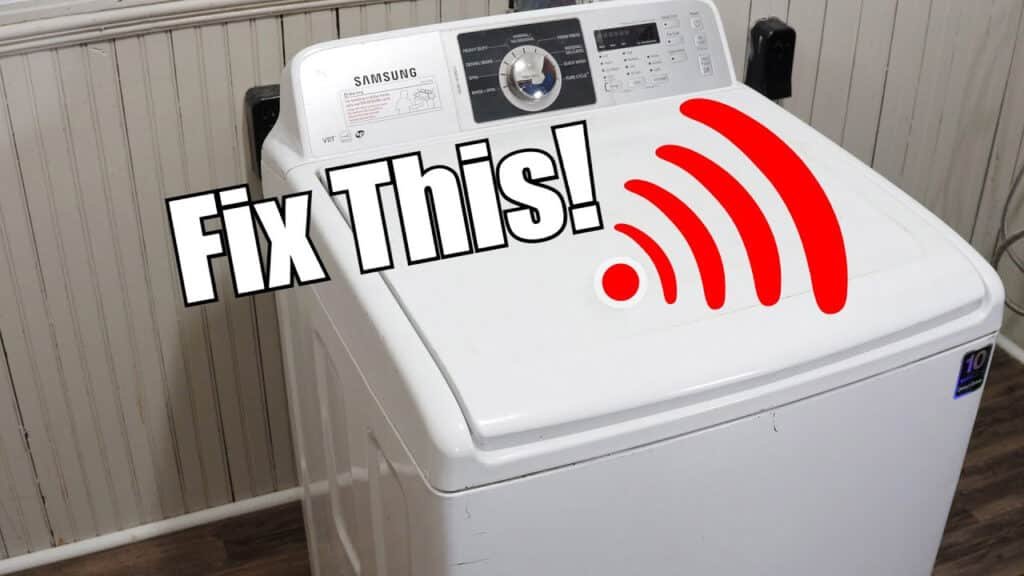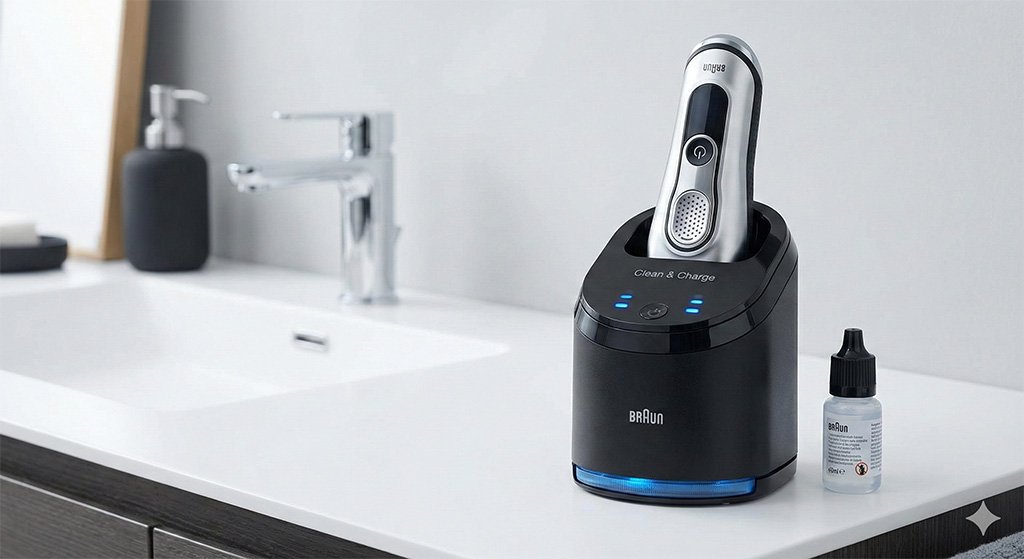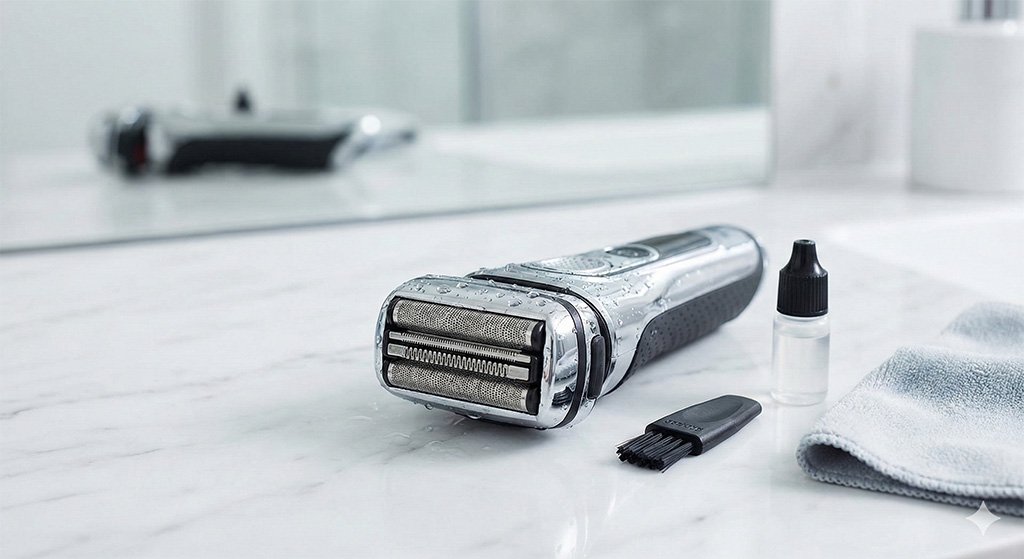A Samsung washing machine that won’t start its cycle can be due to power issues or a faulty start switch. Ensuring the machine is plugged in and the door is properly closed can resolve the problem.
Dealing with a Samsung washing machine that refuses to start its cycle can be frustrating. Several quick troubleshooting steps might help you identify the cause of this issue. It’s essential to check that your appliance has a stable electrical connection and that the power cord is not damaged.
Verifying whether the washing machine’s door is securely latched is another crucial step because most models are designed not to operate unless the door lock mechanism is engaged. Safety features also prevent the machine from starting if the water inlet hoses are blocked or if the machine detects any water supply issues.
Now, let’s delve into more details about the common factors that might prevent your Samsung washing machine from starting and ways to address them effectively.
Table of contents
Common Reasons Why Samsung Washing Machine Won’t Start Cycle
Samsung washing machines simplify laundry day, but they can encounter problems. Discovering your washer won’t start can be frustrating. This post examines some usual suspects behind a Samsung washing machine’s reluctance to commence its cycle.
Power Supply
First, ensure the machine is plugged in. Check for tripped circuit breakers or blown fuses. Inspect the power cord for damage. If external factors look fine, internal faults might be at play.
- Check the outlet: Plug in another device to test for power.
- Power button: Press and hold for a few seconds.
- Child lock feature: Make sure it’s not activated.
Door Lock
A secured door signals the washer to start. If the door doesn’t lock properly, the cycle won’t begin. Ensure the door is shut tightly. Inspect the lock for any debris or damage.
Issue | Solution |
|---|---|
Door not closing | Clear obstructions, check alignment. |
Lock malfunction | Consider lock replacement or professional help. |
Control Panel
Your washer’s brain, the control panel, must respond to commands. Unresponsiveness could indicate a need for a reset or a signal of deeper electronic issues.
- Reset the machine: Unplug for a minute, then plug back in.
- Check for error codes: Refer to the manual for troubleshooting.
- Troubleshoot buttons: Ensure all buttons function properly.

How To Fix Samsung Washing Machine Won’t Start Cycle Issue
Is your Samsung washing machine refusing to start its cycle? Here are effective troubleshooting steps to help solve the problem. These steps are simple to follow. They get your machine running in no time.
Check Power Supply
Ensure the machine is plugged in. It might sound basic, but it’s crucial. Double-check your outlet. Confirm the plug isn’t loose. Use a voltmeter to test the outlet. It makes sure the power supply is consistent.
- Check circuit breakers or fuses in your home. Ensure they haven’t tripped or blown.
- Examine the power cord for any signs of damage or wear.
Inspect Door Lock
The door must be securely shut for the cycle to start. Inspect the door seal for obstructions. Look for items blocking the latch. Clean any debris from the door seal.
Listen for a click when closing the door. This click signals a proper lock. Contact support if the lock seems broken.
Reset Control Panel
Electronic glitches might prevent starting cycles. Reset the washing machine to clear these issues.
- Turn off your washing machine.
- Unplug it from the power outlet.
- Wait for a minute before plugging it back in.
- Turn on the machine to see if the reset was successful.
Follow these steps to fix the issue. Contact Samsung support for further assistance. They guide you through other solutions or provide professional repair services.
Diy Fixes For Samsung Washing Machine
Encountering a Samsung washing machine that won’t start can be a real headache. With some simple DIY fixes, you might get your machine up and running without needing a professional. Let’s look at a couple of ways to tackle this issue at home.
Clean Door Sensor
Cleaning the door sensor is often a quick fix. Dirt and residue can block the sensor, preventing the machine from starting. Here’s how to clean it:
- Unplug your washing machine.
- Locate the sensor on the door frame.
- Use a soft, damp cloth to wipe the sensor.
- Dry it thoroughly before closing the door.
- Plug the machine back in and try starting the cycle again.
Replace Control Board
If cleaning the sensor doesn’t work, the control board might be the culprit. This is a more complex fix, but it can be done. Follow these steps:
- Ensure the machine is unplugged before starting.
- Remove the back panel to access the control board.
- Carefully disconnect the wires connected to the board.
- Unscrew and remove the old control board.
- Mount the new control board and screw it into place.
- Reconnect the wires to the new board.
- Replace the back panel and plug the machine in.
- Test the machine by starting a wash cycle.
:max_bytes(150000):strip_icc()/troubleshooting-samsung-washer-problems-2147298-final-1-f27acce116a8464794c9daec061156fc.png)
Credit: www.thespruce.com
When To Call A Professional
Encountering issues with your Samsung washing machine that won’t start its cycle can be a frustrating experience. This section guides you on recognizing the signs that it’s time to call in a professional.
Persistent Problems
When you’ve tried troubleshooting with no luck, consistent issues can point to a deeper problem. Repeatedly seeing error codes or hearing unusual noises when attempting to start your machine means expert assistance is necessary.
- Error codes flashing despite resets
- Machine stops mid-cycle regularly
- Power issues that don’t resolve with cable checks
Complex Repairs
Samsung washing machines boast advanced technology, which can lead to complicated repairs beyond DIY fixes. Specific conditions highlight the need for professional help:
Problem | Professional Action Required |
|---|---|
Internal water leak | Technician must inspect and seal leaks |
Electrical malfunctions | Qualified electrician needed for safety |
Control panel issues | Specialized tools and parts to repair |
Attempting these repairs without proper expertise can lead to further damage or void warranties. Professional service technicians with experience in Samsung appliances will ensure your washing machine is safely and effectively repaired.
Preventive Maintenance
Imagine a laundry day without hiccups. Your Samsung washing machine could offer that. Proper maintenance is the key. Below are expert tips for a hassle-free wash cycle.
Regular Cleaning
Maintaining a clean washer ensures efficiency and longevity. Perform these simple steps:
- Wipe the drum, door seals, and glass weekly.
- Run a self-clean cycle monthly with no clothes inside.
- Keep the detergent drawer and filter area debris-free.
Avoid Overloading
Overloading can damage your washing machine. Follow these guidelines:
Fabric Type | Maximum Load |
|---|---|
Cottons | Full, but not packed |
Delicates | Half the drum |
Bulky Items | One at a time |
Check the user manual for specific load sizes. Stick to them for optimal performance.
FAQ
Why Won’t My Samsung Washer Start Its Cycle?
Samsung washers may not start due to power issues, a faulty door latch, or a tripped breaker. Check for a secure power connection. Ensure the door is properly closed and listen for a latch click. Reset your home’s circuit breaker if needed.
What Do Error Codes Mean On Samsung Washers?
Error codes on Samsung washers indicate specific faults or problems. For instance, ‘4E’ signals water supply issues, while ‘DE’ points to door-latching problems. Refer to your washer’s manual for a complete list of codes and troubleshooting steps.
Can A Blocked Filter Stop A Washer From Starting?
Yes, a blocked filter can prevent a washer from starting. It hampers water drainage, leading to water remaining in the drum, which signals the machine not to start a new cycle. Clean the filter regularly to avoid this issue.
Final Words
Experiencing a Samsung washing machine that refuses to start can be frustrating. Quick troubleshooting may resolve simple issues; for stubborn problems, professional assistance is advised. Remember to maintain your appliance regularly for optimal performance. For more appliance insights and fixes, keep following our blog.



